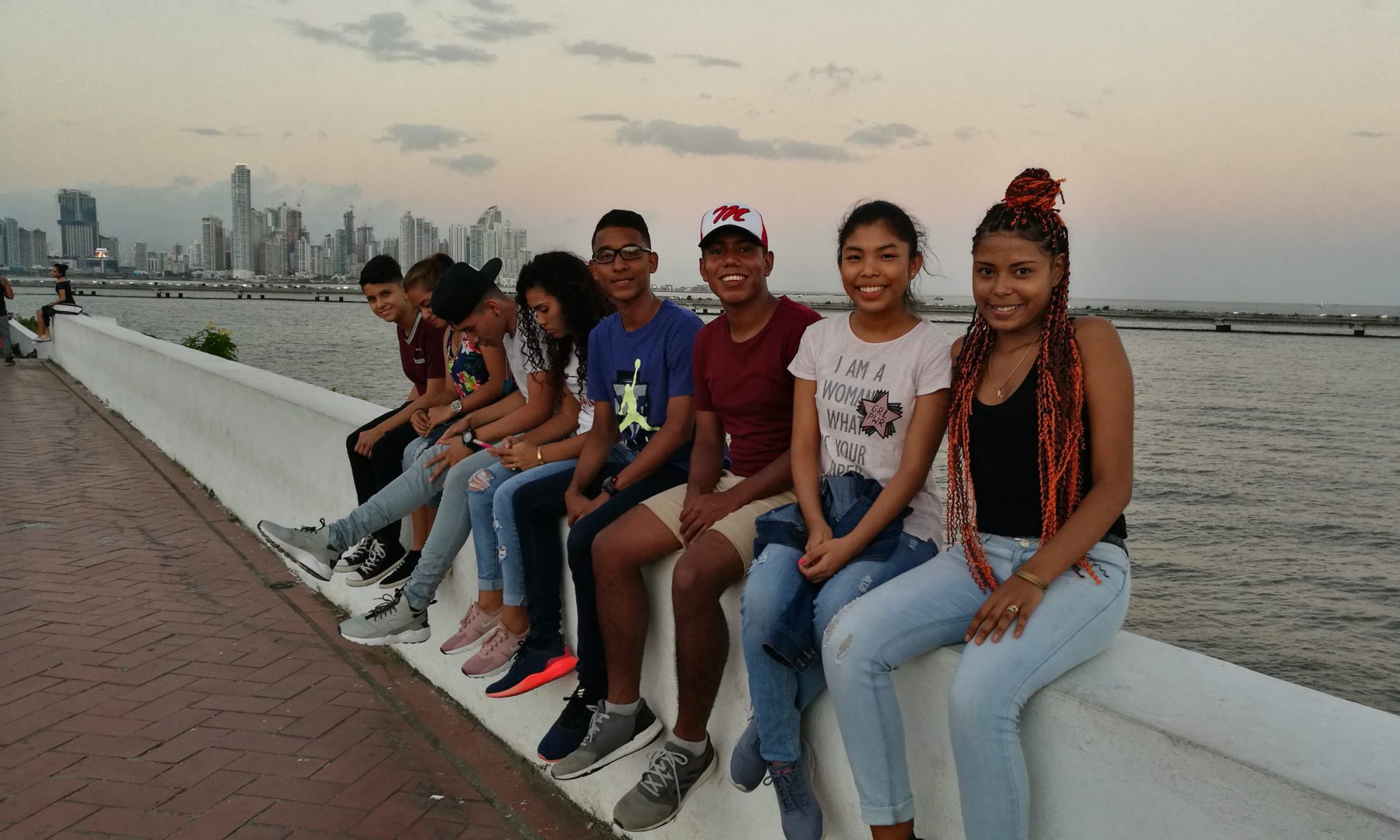这些天都在BBC网站上活动,发现它的news里有好多种质资源相关的,我在这里转一下,这一篇的大题目是”Banana marks seed bank milestone”,小题目是“From field to freezer: the journey of a seed bank seed”,作者是Rebecca Morelle
Science reporter, BBC News ,大意就是野香蕉种子成为英国丘园千禧种子库的第24200种植物种子,达到了先期收集世界上10%种类的flowering plant种子的目标,下一步是25%,到2020年。片子里有丘园种子入库的一些流程。
原文链接:http://news.bbc.co.uk/2/hi/science/nature/8305456.stm
——————————————————————-
Banana marks seed bank milestone
|
By Rebecca Morelle
Science reporter, BBC News From field to freezer: the journey of a seed bank seed An international seed bank has reached its target of collecting 10% of the world’s wild plants, with seeds of a pink banana among its latest entries. The wild banana, Musa itinerans, is a favourite of wild Asian elephants. Seeds from the plant, which is under threat from agriculture, join 1.7 billion already stored by Kew’s Millennium Seed Bank partnership. The project has been described as an “insurance strategy” against future biodiversity losses.
The seed bank partnership, which involves more than 120 organisations in 54 countries, is now aiming to collect and conserve seeds from a quarter of the Earth’s flowering plant species by 2020. All the seeds are kept both in their country of origin and in Royal Botanic Gardens Kew’s premises at Wakehurst Place, West Sussex, where they are stored in underground vaults that are kept at -20C. The plant material is dried, cleaned and sorted, ensuring only the finest specimens make it into the giant freezers. There, the cold and arid conditions keep the seeds in pristine condition for anywhere between a few years to thousands of years, depending on the species.
The aim is that each seed stored in the bank can be regrown, should the need arise. //种子来自中国,估计是昆明植物所了吧,呵呵 The wild banana plant from China was selected as the “10% species” by the bank’s international collaborators because it fulfilled a number of conservation criteria. Janet Terry, the seed processing manager at the bank, said: “It was chosen because it is representative of what the whole project is all about – it is endemic, endangered and it is an economic species. “And of course, everybody loves a banana.” Musa itinerans becomes the 24,200th species to have been stored in the seed bank.
The 10% target was set when the Wakehurst Place facility was completed in 2000. At that time, it was estimated that there were 242,000 plant species in the world, although more recently it is thought that there might be 300,000. Professor Stephen Hopper, director of the Royal Botanic Gardens, Kew, told BBC News: “In the next phase, we want to secure another 15%, so by 2020 we will have a quarter of the world’s seeds banked in both the country of origin and Wakehurst Place. “And a major focus is going to be a considerable expansion in the sustainable use of seeds for human benefit.” The researchers will be focusing on food security, biodiversity loss and climate change. Professor Hopper added: “The thing that has changed over this 10-year period is a much more acute awareness of climate change as a threatening process, as well as the many others that impact on plant life. “And the seed bank, as an insurance strategy, is a good sensible way of keeping your options open for the future.” |



